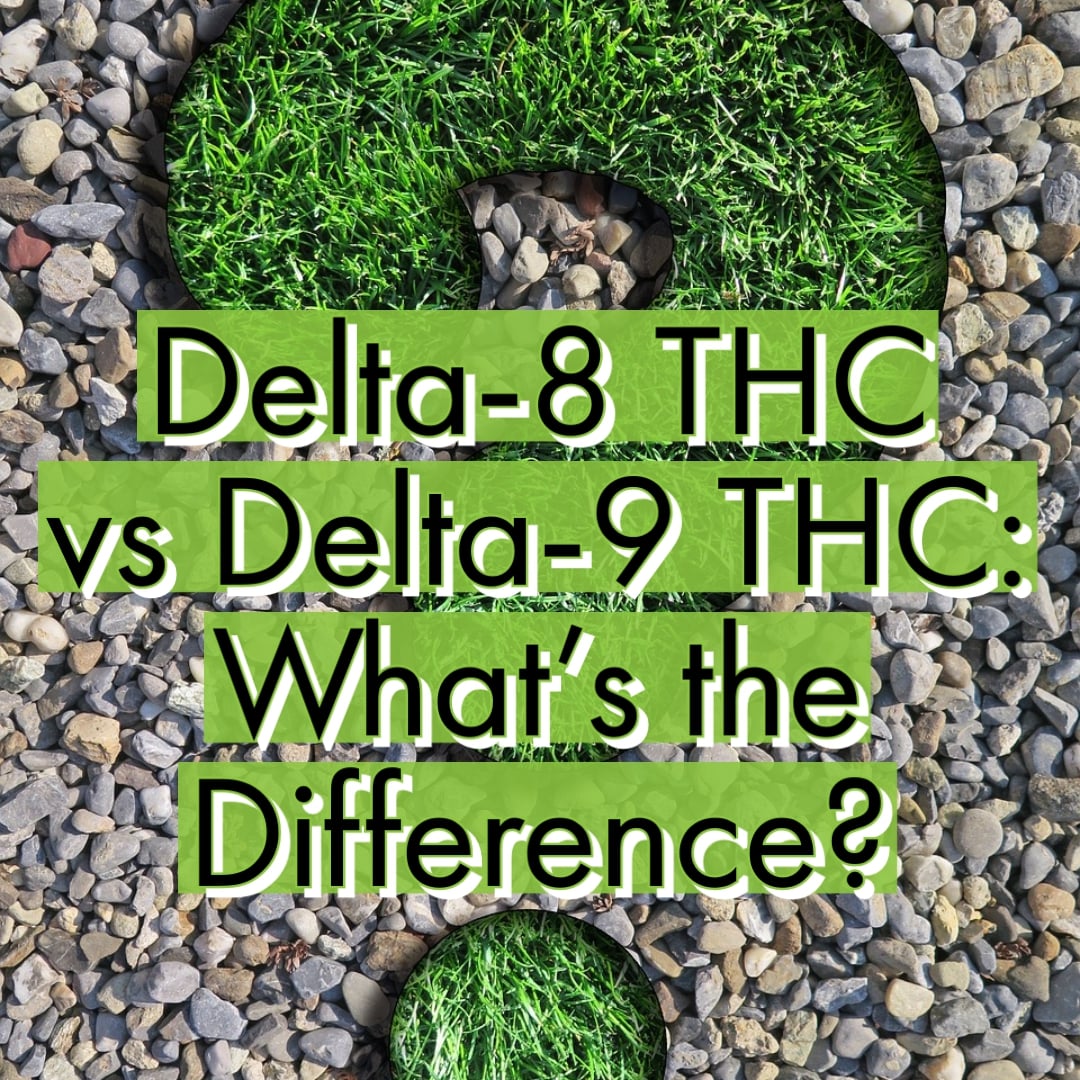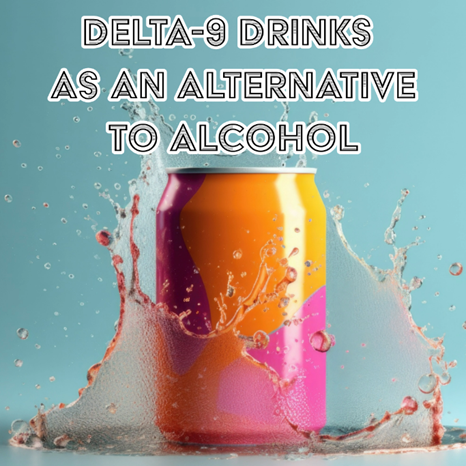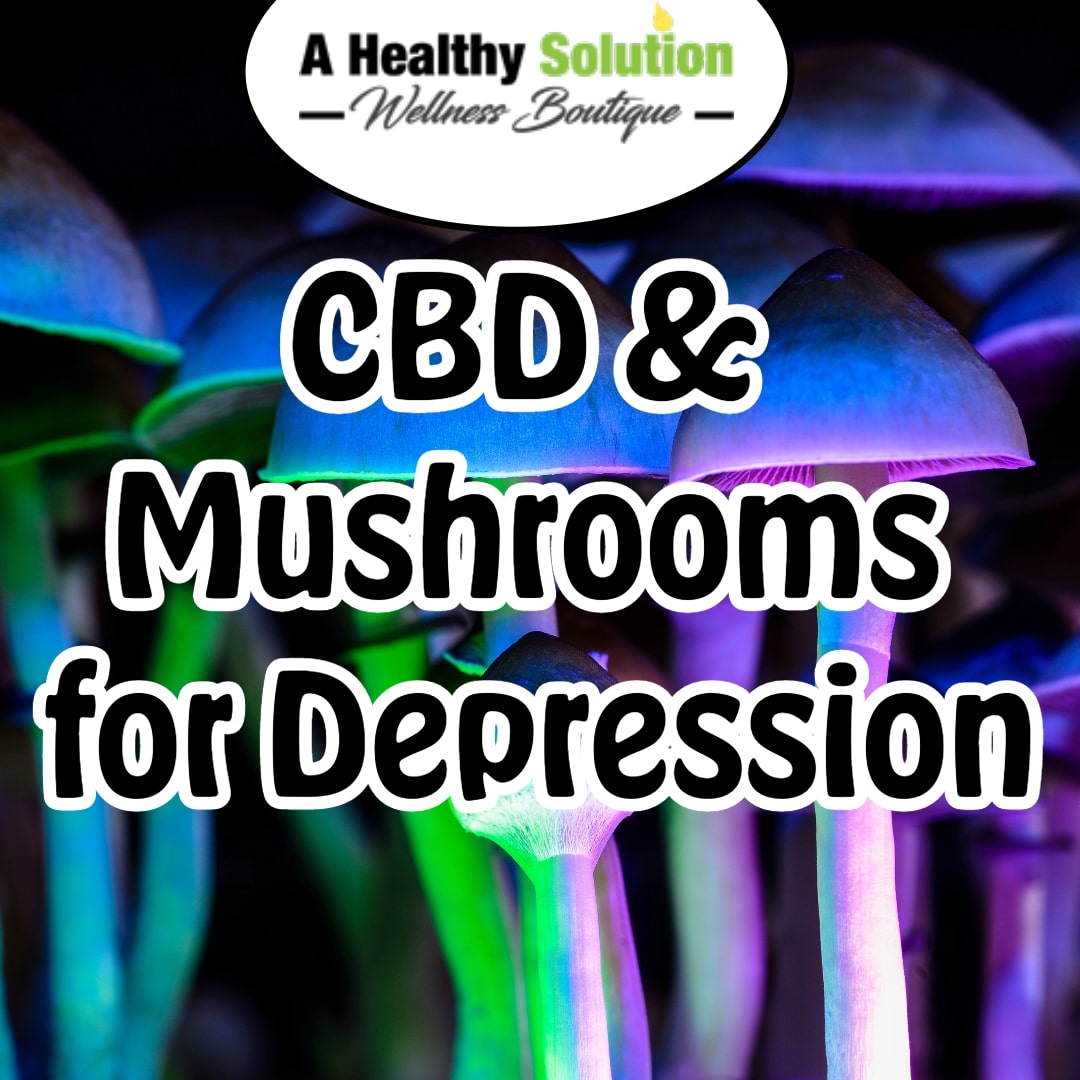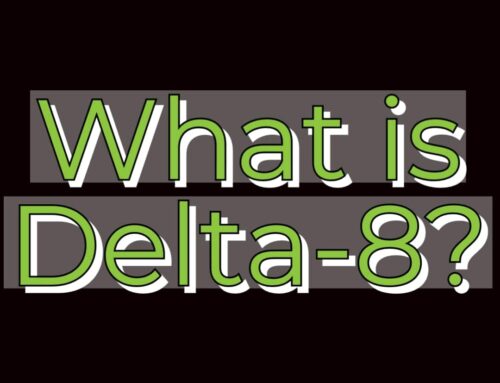Delta-8 and Delta-9 are fairly new compounds in the CBD world. From a biological standpoint, Delta-8 and Delta-9 differ mostly due to the location of a double bind in their molecular chain. Delta-8 is a minor cannabinoid in hemp and cannabis plants, meaning it is found less abundantly than major cannabinoids like CBD or Delta-9. Though research containing cannabinoids in general is still fairly new but, we do
know some major factors that affect how these two variants of THC can impact users. Structure-wise, Delta-8 shares more in common with Delta-9 than it does with CBD. Although CBD is the second most abundant cannabinoid in the cannabis plant, it doesn’t have the same effect on the brain’s CB1 and CB2 as its THC equivalents.
Delta-8 is a significant cannabinoid, mainly thanks to its ability to serve as a more relaxed and efficient alternative for Delta-9. Though it is a major cannabinoid that can be found in abundance in cannabis, extraction is usually fairly cheap and simple as a result. It tends to be derived from marijuana plants specifically. While there is no denying that Delta-9 is a potent compound, being about twice as strong, not to mention an effective and natural healer for those suffering from a multitude of conditions and medical issues, it also brings with it quite a few undesirable side effects. Paranoia and anxiety often top the list of unfavorable side effects linked with traditional marijuana, along with sleep issues and addiction with longer-term use. Delta-8 doesn’t appear to have many of these harmful effects, at least not nearly to the same extent as Delta-9. This makes it a top choice for those seeking similar relaxational properties and euphoric effects to Delta-9, but with far less of the unpleasant mental side effects. Delta- 8 may very well help with sleep in some users. A consistent, regular routine with the right amount will play a major factor.
As you probably know, marijuana is not considered legal on a federal level in the United States. The push for legality has been largely left up to each individual state. So far, 34 states have legalized it for medical or recreational use. The legal fate of Delta-9 has been directly affected as a result. Any amounts over 0.3% are not legal at a federal level, and the state level depends entirely on their local marijuana laws. However, Delta-8 is still officially legal on a federal level. That's because of the ambiguities of the 2018 Farm Bill, which legalized hemp manufacturing. There is nothing within the bill that forbids deriving Delta-8 from hemp and developing products with the compound.
The psychoactive nature of Delta-8 has urged a fair number of states that have banned Delta-8 and Delta-9. There are 15 states that do not allow the marketing of this product, while 6 other states are still pending on its legality. So while Delta 8 is more widespread at the moment than Delta-9, how long that will last has yet to be determined.
The choice between Delta 8 and Delta 9 ultimately comes down to your personal wants and needs. While they share a handful of similarities, there’s enough significant differences between them to set them apart. While Delta 9 might be considered the “classic” choice by some within the cannabis community, Delta 8 has been quickly gaining in popularity due to its milder effects and legal availability. In time it might even become the preferred form of THC for most users. Always consult a health care professional before trying any new medications. We provide free consultations and have a nurse on staff if you have any questions about your care any Delta-8/Delta-9 products.






Leave A Comment
You must be logged in to post a comment.